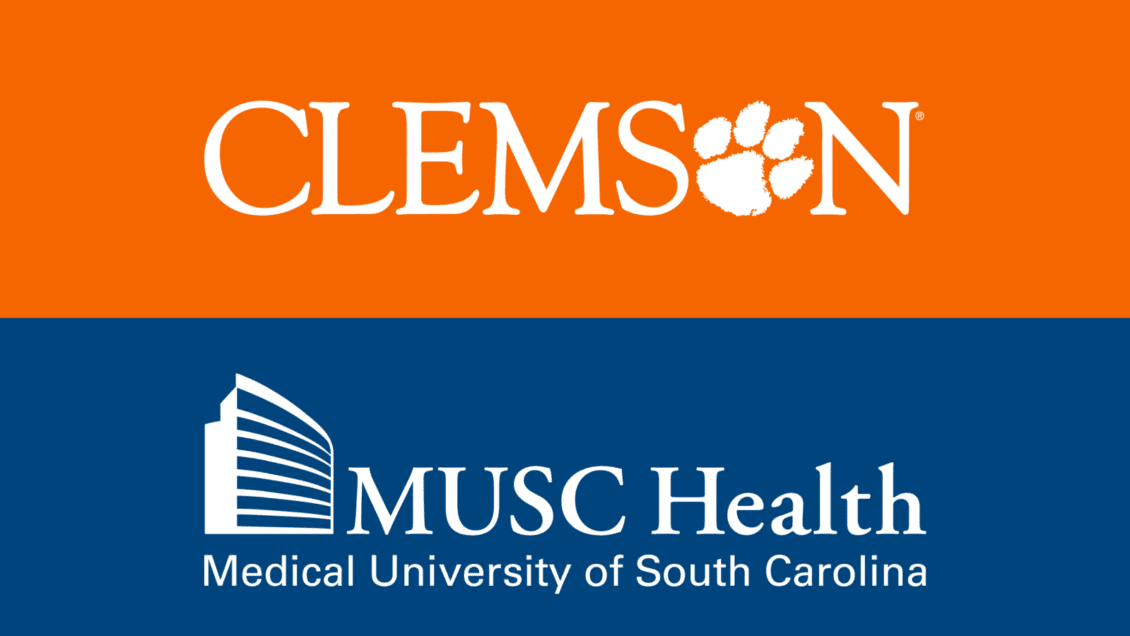 For the first time in more than six months, Clemson University is starting to feel like “normal” again.
For the first time in more than six months, Clemson University is starting to feel like “normal” again.
First-year students have moved into campus residences the past few days and by the end of the week more than 6,000 students altogether will have populated main campus — all eager to enjoy a taste of the Clemson experience, many for the first time.
And while such an influx creates an understandable excitement in the air, it also brings about high demand for medical services — in particular, options for more accessible health care. That’s what makes this summer’s announcement of a layered, multi-year agreement with the Medical University of South Carolina (MUSC) welcome news for Clemson’s growing campus community.
One of the first services to launch is 24/7 access to virtual urgent care.
“Most student health centers are not open around the clock,” said Student Health Services Executive Director George Clay. “Most don’t have extensive evening or weekend hours, which is a concern for parents of first-year students especially. When parents drop their students off for the first time, they want to know someone will be there to take care of their student and we are making every effort to do just that.”
Virtual urgent care appointments can be made directly from the Student Health Services website. Most visits take about 20 minutes and will provide students virtual care options after-hours or during heavy wait times in Redfern Health Center. An added benefit of the service is it’s free to all currently enrolled Clemson students — including those in the Bridge to Clemson program — who are physically present in the state of South Carolina.
Over 30 different conditions can be treated through the virtual care service and once a student has created an account using their Clemson login credentials, the system determines the reason for a visit — nail problems, stomach issues, skin irritations, sexual health, women’s health, pain, etc. — before asking a series of detailed questions about the symptoms. A student can even upload images to assist with the diagnosis.
“It’s a limited scope of care appropriate for this type of service,” Clay said. “It will allow our staff to maximize their time while serving patients with a lower level of need.”
Following the screening , a student either receives a diagnosis or virtual visit from an MUSC health care provider. Follow-up may include scheduling a primary care appointment or urgent care referral as symptoms warrant. When completed, a copy of the visit summary is sent to Redfern for integration into the student’s electronic health record.
The service is another illustration of how Clemson health care continues to grow, while providing greater flexibility to students.
“University enrollment has increased substantially over the past 10 years,” Clay said. “I’ve been in this position since 2000 and our staff has had to expand as well to meet the demand as well as the increased complexity of health problems in the student population. This service meets immediate needs and may even free up our provider time during regular hours of operation. We’re delighted to be able to provide this service to our students.”
Get in touch and we will connect you with the author or another expert.
Or email us at news@clemson.edu

